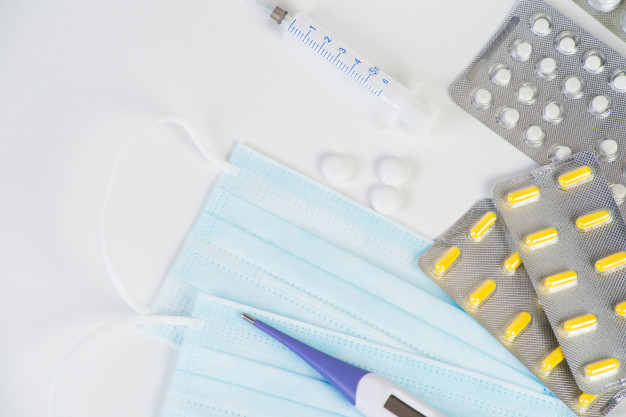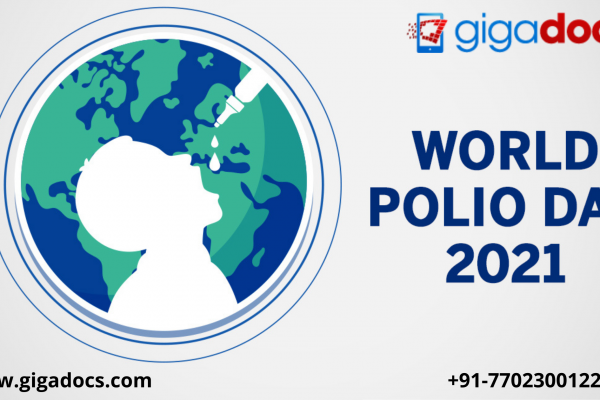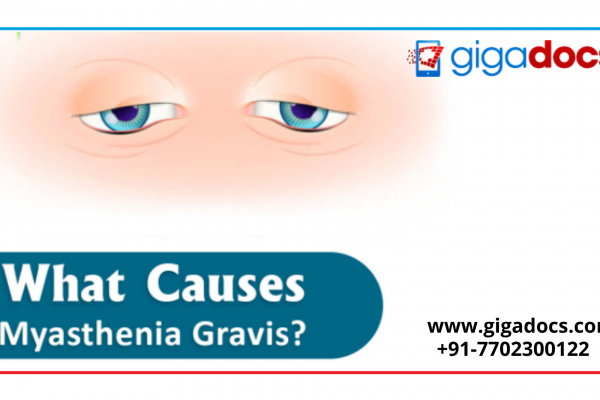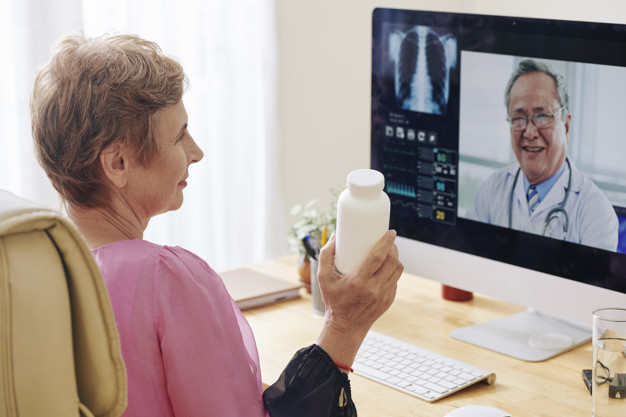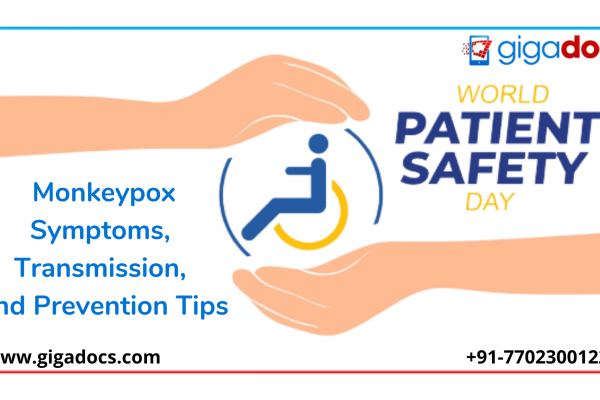One’s health, wellbeing, disease management is all dependent on the availability of information and access to it. The ongoing COVID-19 pandemic has made the dissemination of science-based essential health information a basic human right. Acknowledging the importance of universal access to information that people need to know, the International Day for Universal Access to Information is celebrated worldwide on September 28th.
The accessibility of information includes knowledge sharing to promote health, prevent, wrong diagnoses, and manage disease and injury in a holistic manner. Universal access to information acknowledges basic knowledge that can prevent avoidable mortality morbidities especially in low-income and middle-income countries.
To promote wellness, this information may be based on the dosage of medication, and which medication should be eaten when (before or after food). To celebrate universal access to information, Gigadocs – your personal healthcare and wellbeing app, brings you a ready reckoner of basic health information that you must know, covering which common OTC medications must be available in your first aid box and discusses, why certain medications are eaten with food and some on an empty stomach.
Which Common OTC Medications Must be there in your First Aid Box?
| Ailment | Medication | Cures |
| Pain relief | Aspirin, paracetamol, and Ibuprofen | Minor aches and pains, headaches |
| Allergies Insect bitesHay fever | Antihistamines- creams to be applied on the skin, or oral tablets to swallow | Soothes insect stings and bites, rashes, and itching from insect stings |
| FeverDiarrhoeaVomiting | Oral rehydration salts (ORS) | Helps to restore the natural balance of minerals and fluid, relieves discomfort, and tiredness. |
| Food poisoning stomach virus | Anti-diarrhoea tablets | Controls diarrhea symptoms. |
| Stomach-acheHeartburnTrapped wind | Antacid (Gaviscon, Gelusil) | Reduces stomach acidity, Neutralizes stomach acid. |
| Cleaning cuts before dressing | Antiseptic | Insect stings, pimples, and ulcers. |
| AllergiesItchingBurningSkin irritation | Antifungal cremes and ointments while Antihistamines are taken orally. | Antifungal cremes help with soothing diaper rashes and the skin infections that may be caused by yeast |
| Minor burns | Antibiotic, like Burnol, Neosporin | Applied on the skin and can be used for burns as well as cuts |
Empty Stomach/Full Stomach: Know About the Time of Medication
Whenever a doctor prescribes a medicine, its specific dosage and time of medication are also explained. You may notice the doctor writing before or after meals on prescription medicines. Besides they hold true for the non-prescription (over-the-counter) medicine labels as well.
Your medications may react with other medications if taken together. Also, beware of the food reactions. Your medication may be dependent upon what time you have taken your meals. When you swallow a medication, it is absorbed by your body through the food pipe passage. Thus, the presence of food in your stomach may affect the working of certain medications. However, depending upon the type of medication, the food you take can decrease or delay the amount of medical value that gets absorbed. When some medications are taken with specific kinds of food, they release the essential medical compounds which result in ineffective treatment and fewer side effects.
Some medicines can irritate the stomach lining resulting in diarrhoea and stomach troubles. Taking them with light food like biscuits or a glass of milk reduces the probability of further infections.
Medicines to be taken in an empty stomach
- Thyroid medications
- Medications for treating bone loss
- Medicines for diabetes, if administered orally, should be taken around mealtimes. This is prescribed to reduce blood sugar levels that may fluctuate post meals. This also avoids an instance of very low blood sugar (hypoglycemia) which can be life fatal.
Medicines to be taken with food
- Aspirin (Bayer® Aspirin, Alka-Seltzer®)
- Non-steroidal anti-inflammatory drugs (NSAIDs) which include Advil® and ibuprofen.
- Antacids that prevent heartburn, acidity reflux, and indigestion.
- Enzyme supplements, for chronic pancreatitis symptoms, must be taken with food for the body to absorb the meal.
Medicines to be taken after meals
- Mouthwashes, liquid nystatin, and miconazole gel for mouth ulcers must be used after meals.
- Eating food washes medicine away too quickly.
- HIV medicines ritonavir, saquinavir and nelfinavir.
Can Eating Habits, Vegetables, and Fruits affect Medicinal Dosage?
While now you know which medicine should be taken with meals and which on an empty stomach, you must also be aware that some medications are effective with certain types of foods. Below are a few common foods that may affect the outcome of certain medications-
Calcium
Dairy products that are high in calcium can reduce the absorption of certain medications. Calcium intake can thus decrease the effectiveness of some antibiotic these include ciprofloxacin (Cipro®, Proquin® XR Extended-release Tablets), levofloxacin (Levaquin®), doxycycline (Doryx®, Oracea®, Periostat®, Vibra-Tabs®, Vibramycin®), and minocycline (Minocin®).
If you are prescribed these medications be informed to take them at least two hours before or six hours after eating foods high in calcium like milk.
Vitamin K
Vitamin K rich foods products like spinach, lettuce, broccoli, cauliflower, cabbage, fish, liver, meat, eggs, and cereals can affect the medications whose purpose is “blood thinning”. Vitamin K reverses the effects of medication warfarin (Coumadin®) and increases blood clotting. Take adequate care when you are on these blood-thinning medications, you don’t have to stop eating all the Vitamin K rich foods, instead of control the amount you eat per week.
Tyramine
Foods that result as a by-product of bacterial fermentation like aged cheeses (cheddar, swiss and parmesan; blue cheeses), dried fruit, cured meat soy sauce are high in tyramine. These food products can cause side effects if they are indigested with monoamine oxidase inhibitors. Medications that are used to treat depression like phenelzine (Nardil®), tranylcypromine (Parnate®), antibiotic linezolid (Zyvox®) may react adversely with foods that are high in tyramine.
Prescription Medicine Precautions
- Before you have any medication, be sure to read the label on the container. Check the expiry and the manufacturing date. Read the components and if you have any doubt ask your doctor or pharmacist.
- Inform your doctor if you are already on prescription medication. Make sure the doctor knows all the other medicines you are taking, these include prescription, OTC, and supplements besides herbal preparations.
- Read all the directions, warnings, and precautions printed on the medication foil and bottle, even a small wrong dosage can be fatal.
- Without your doctor’s consultation don’t stir your medicine into your food. Don’t crush tablets, or pull capsules apart unless your doctor has advised doing so, because it may change how the prescription drug works.
- Don’t take vitamin supplements at the same time when you are taking your prescription medicines. Supplements can react with prescription medicines.
- It is near-fatal to mix your medication with hot drinks. The heat from the drink may reduce or destroy the effectiveness of the drug.
Universal access to Digital Medicare- Gigadocs
The digital revolution offers huge potential for advanced access to health information. Gigadocs provides free, digital access to healthcare content. You can book a digital doctor on the Gigadocs app for asthma, cardiovascular diseases, diabetes, kidney ailments, obesity.
Unlock the power of telemedicine technology and consult an infectious disease specialist, nephrologist, gastroenterologist, dietitians around you, from the privacy of your home on the Gigadocs app.
Gigadocs is an intelligent practice management software that helps you to maintain the complete healthcare of your family. You will never miss your follow-up appointments through the notifications from Gigadocs. Consult doctors around you, digitally store your medical records in a cyber-secure environment and track your vitals as total steps walked, pulse rate, and share them over your next telehealth appointment on a real-time basis.
To download the Gigadocs app-
IOS App – apple.co/2W2iG4V
Andriod App – bit.ly/33AQoRC
To know more and schedule a Virtual Consultation demo, e-mail, at info@gigadocs.com
